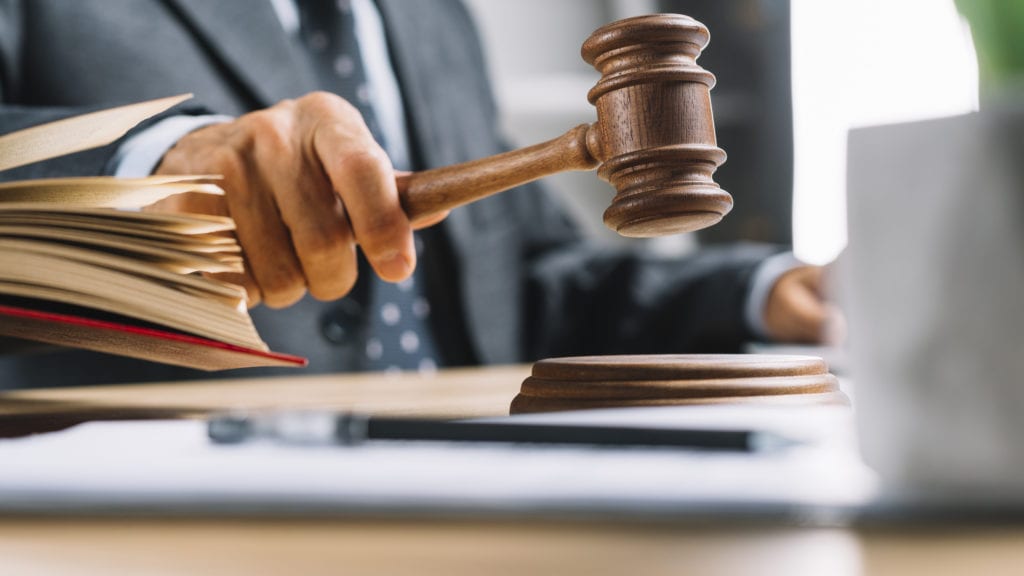blog & insights
If your clients choose to use a Standalone Retirement Trust (SRT) to provide asset protection benefits for their beneficiaries, then the tax-related asset allocation strategy would be essentially the same as without an SRT, with one small exception. Consider skewing your investment plan toward: loading retirement accounts and inherited retirement accounts with bonds, REITS, and…
When you establish a trust, you name someone to be the trustee. A trustee does what you do right now with your financial affairs -collect income, pay bills and taxes, save and invest for the future, buy and sell assets, provide for your loved ones, keep accurate records, and generally keep things organized and in…
While the term fiduciary is a legal term with a long history, it very generally means someone who is legally obligated to act in another person’s best interests. Trustees, executors, and agents are all examples of fiduciaries. When you pick trustees, executors, and agents in your estate plan, you’re picking one or more people to…
Confused about the differences between wills and trusts? If so, you’re not alone. While it’s always wise to contact experts like us, it’s also important to understand the basics. Here’s a quick and simple reference guide: What Revocable Living Trusts Can Do –That Wills Can’t Avoid a conservatorship and guardianship. A revocable living trust allows…
The bad news: probated estates are subject to a variety of costs from attorneys, executors, appraisers, accountants, courts, and state law. Depending on the probate’s complexity, fees can run into tens of thousands of dollars. The good news: probate costs can be reduced by avoiding probate. It’s really that simple. Here are three simple ways…





